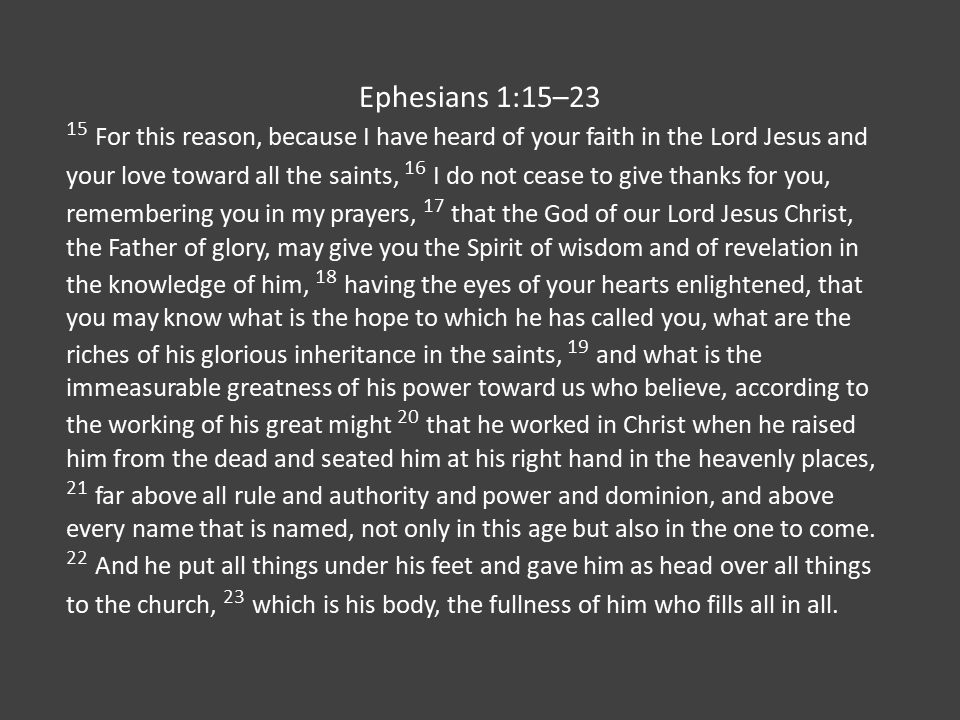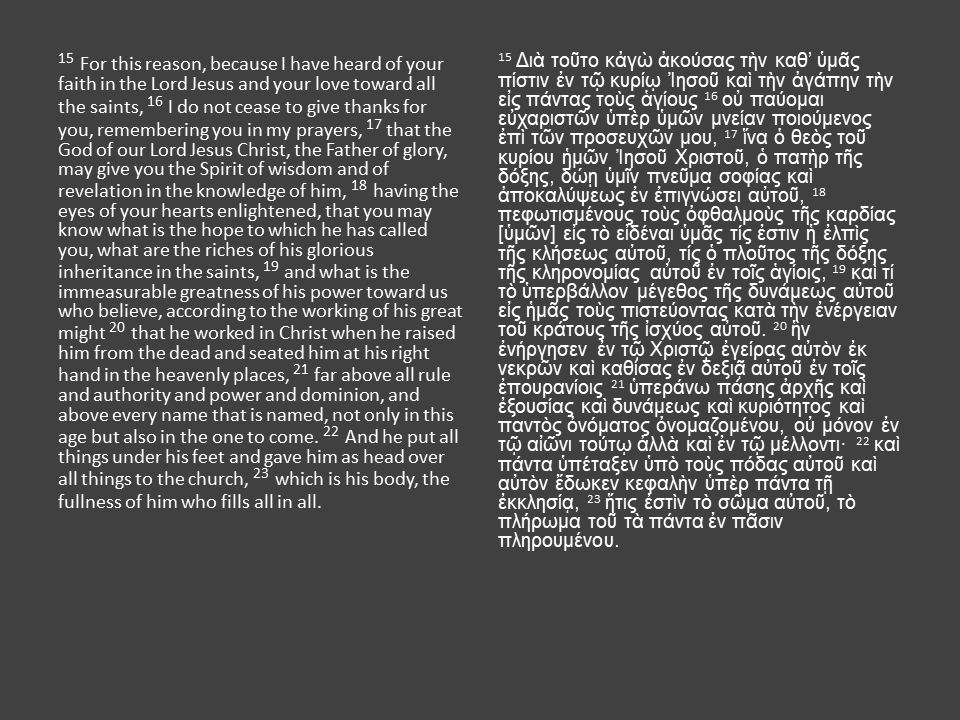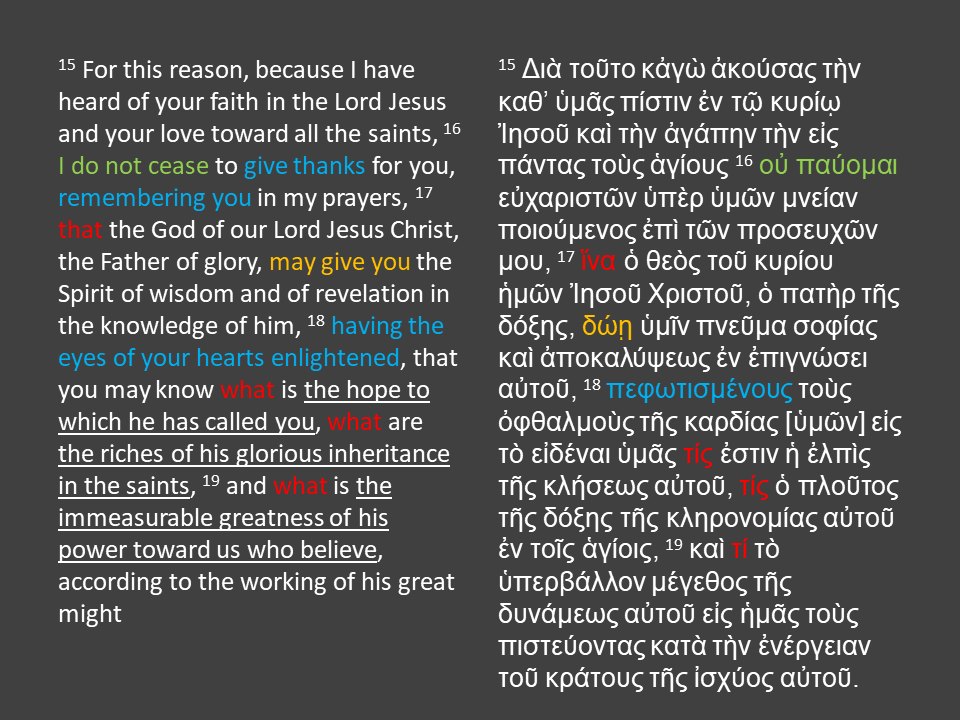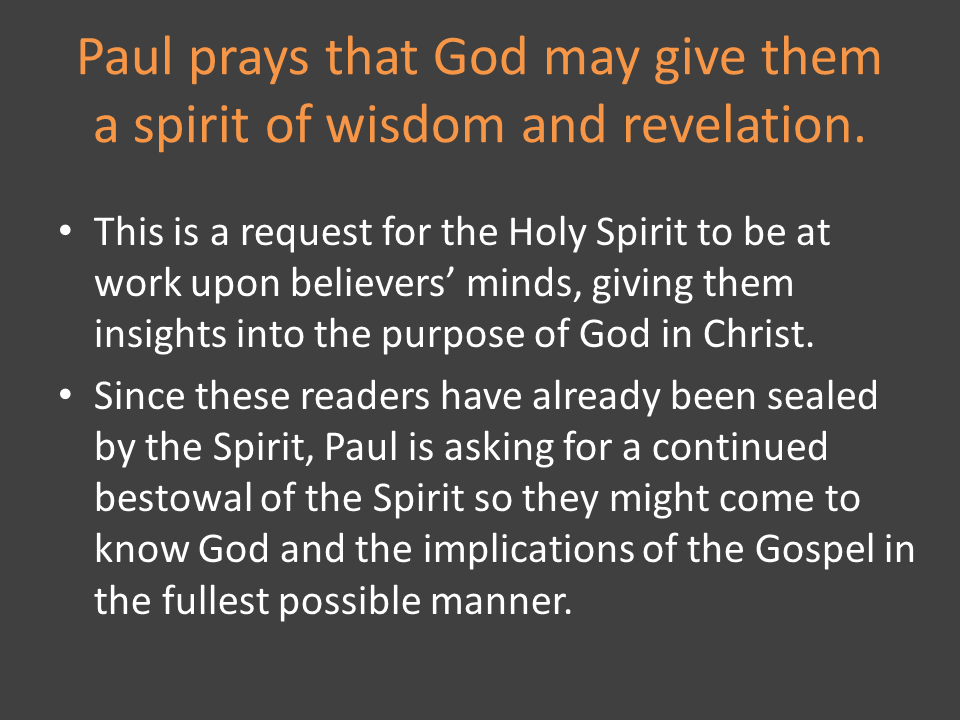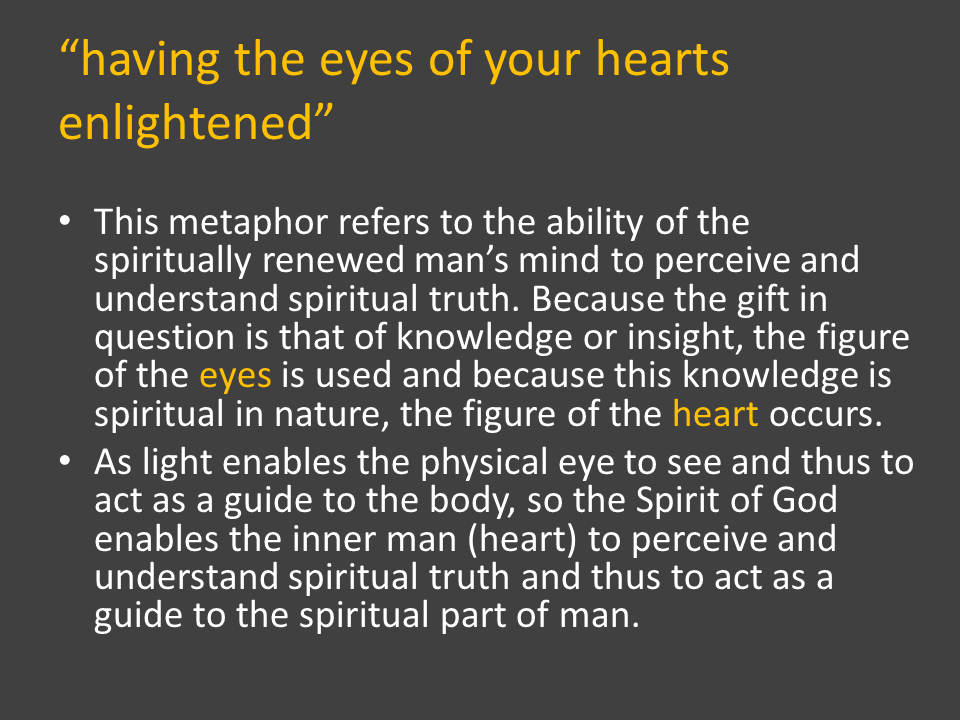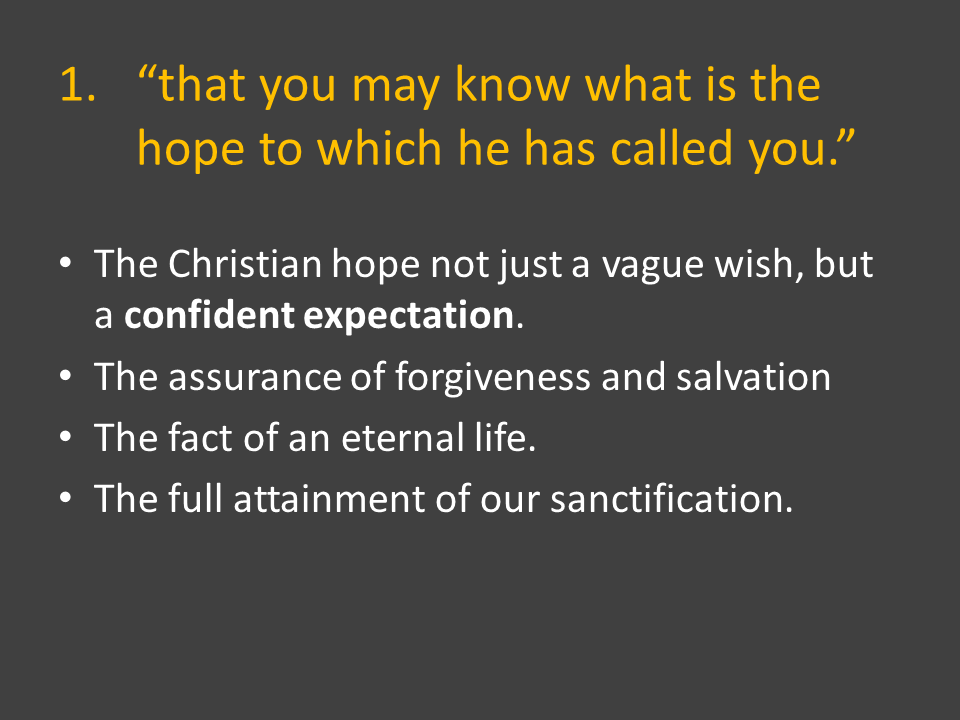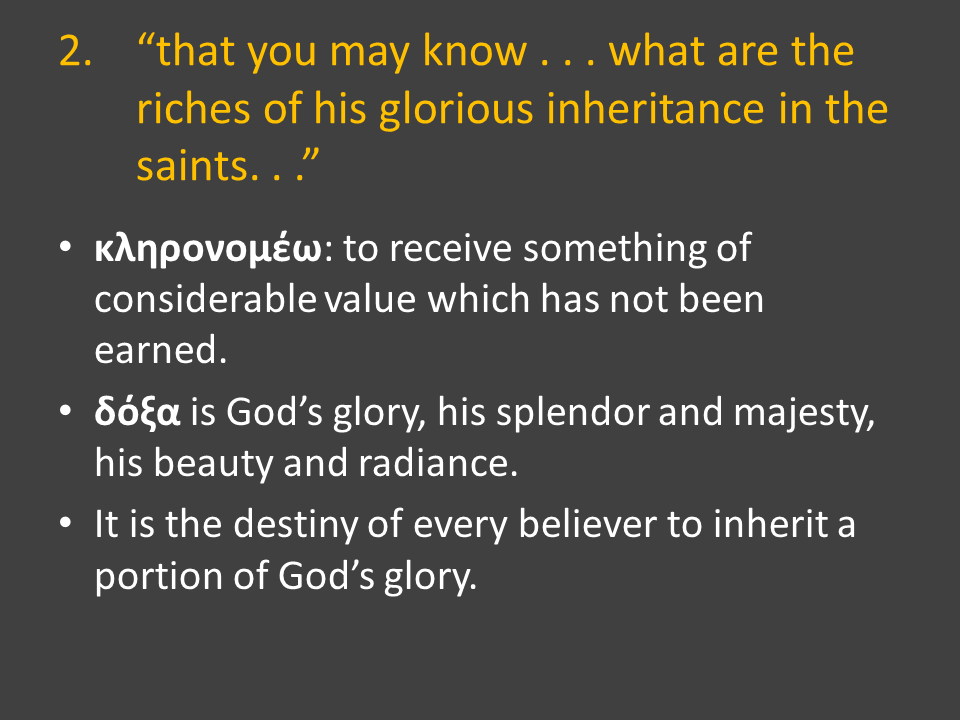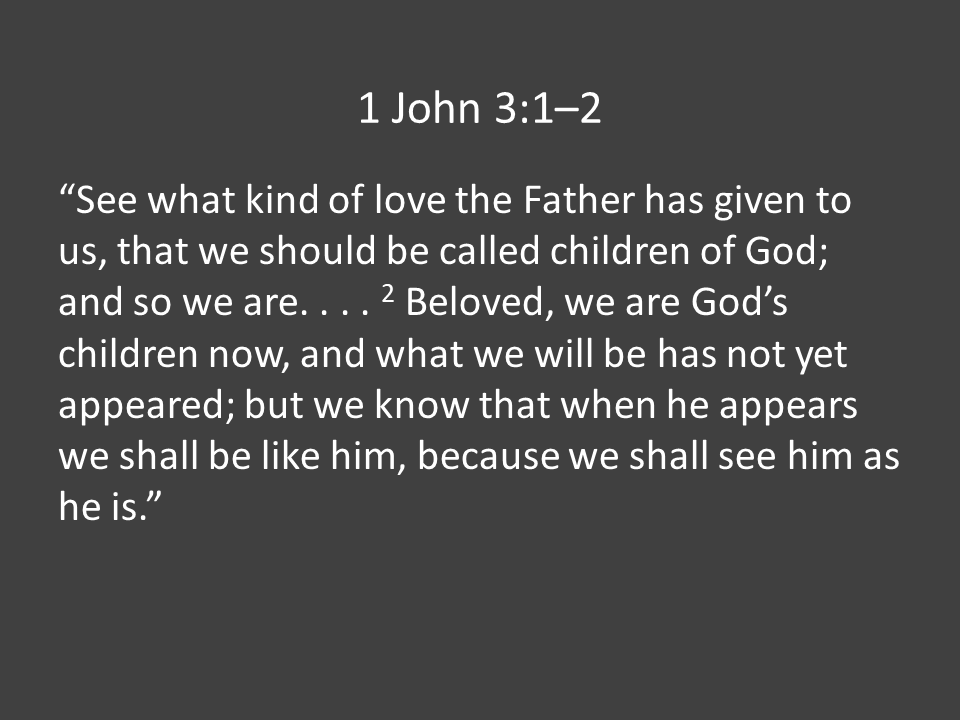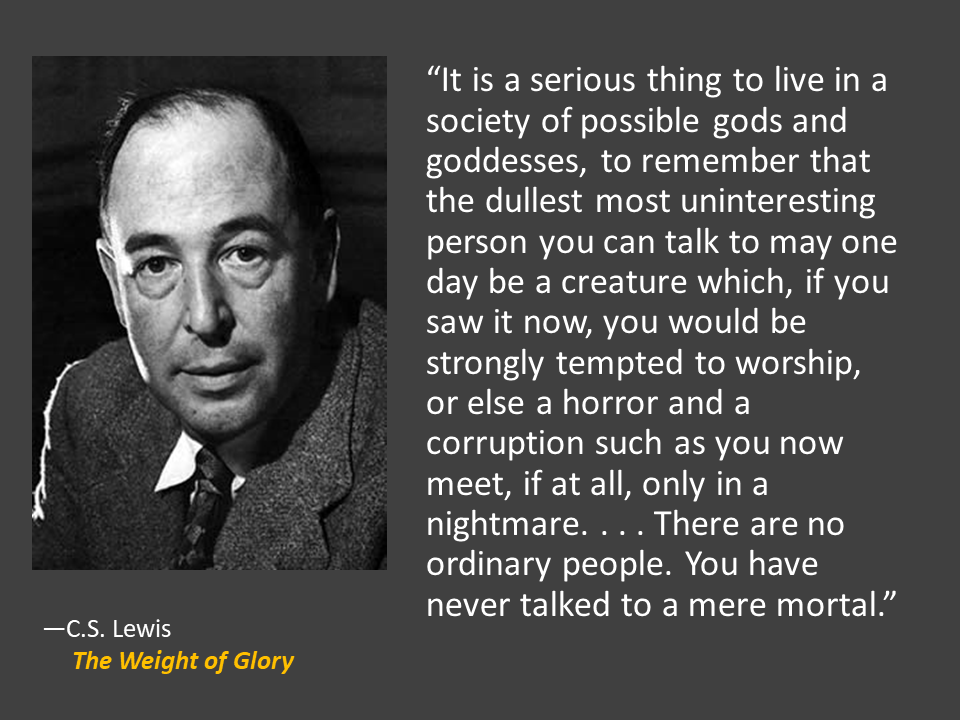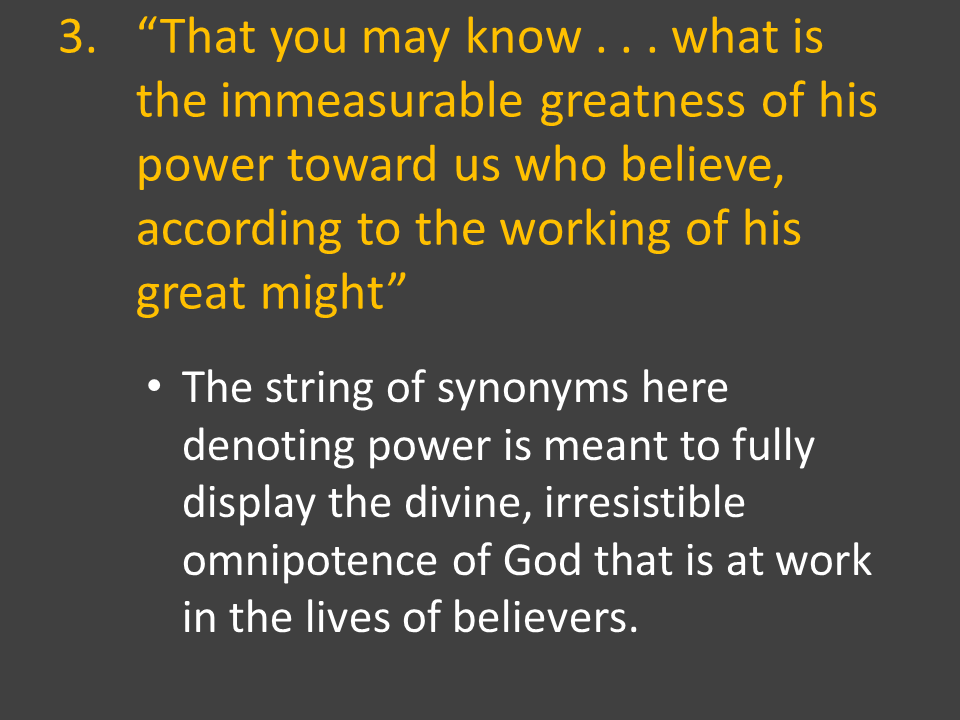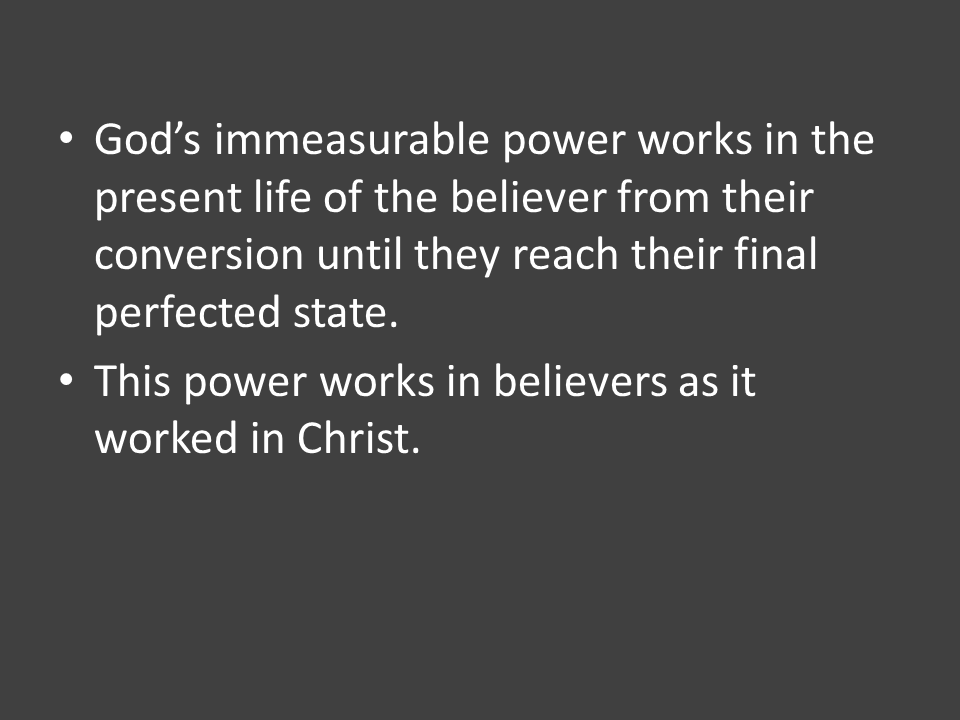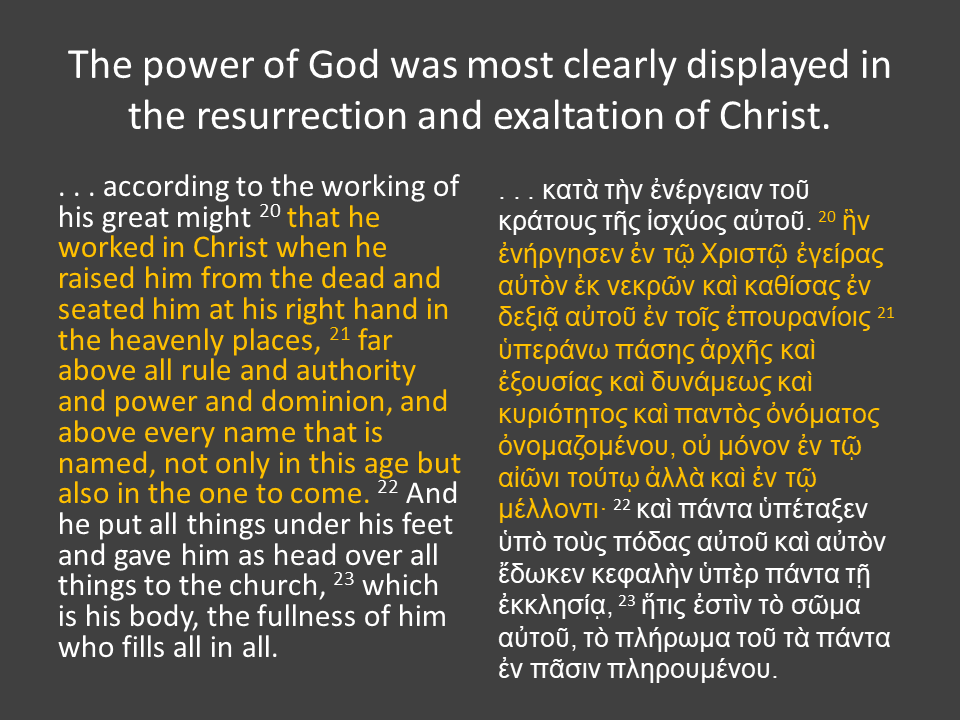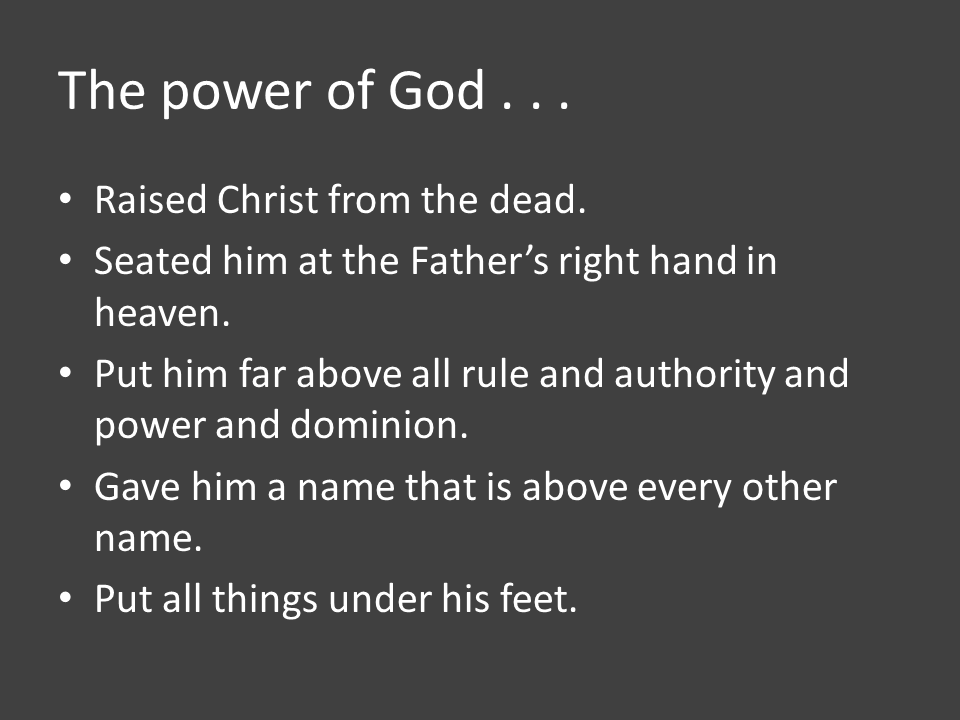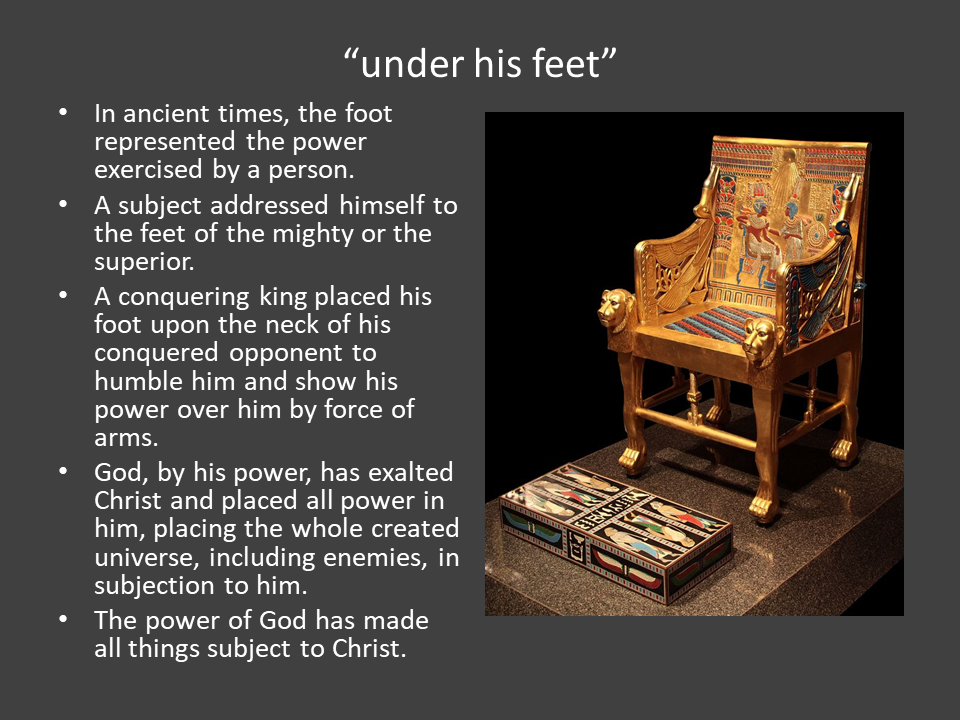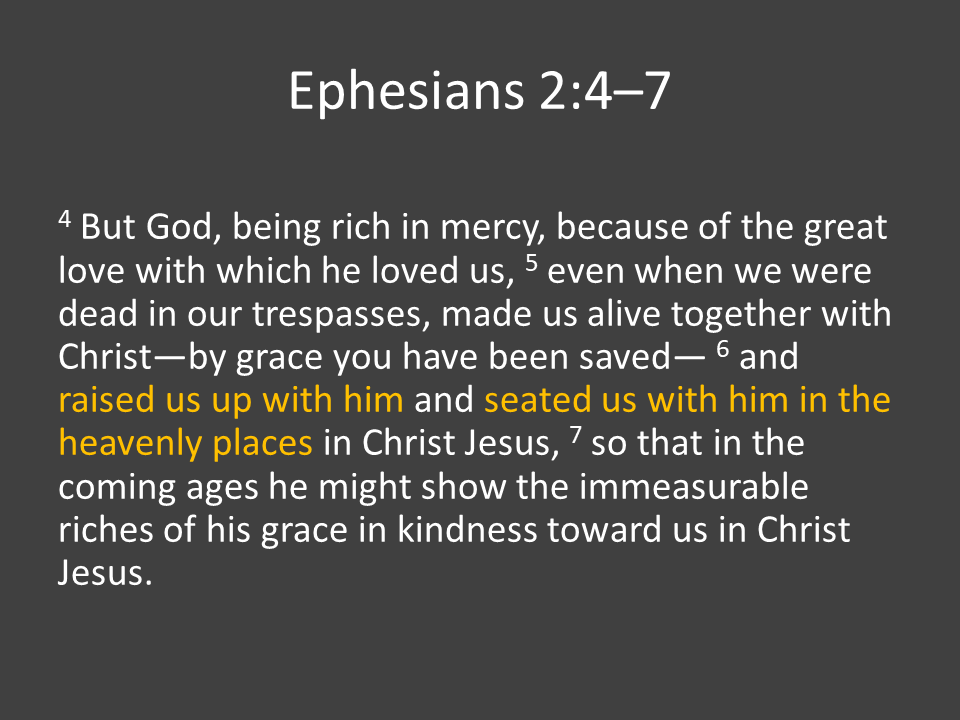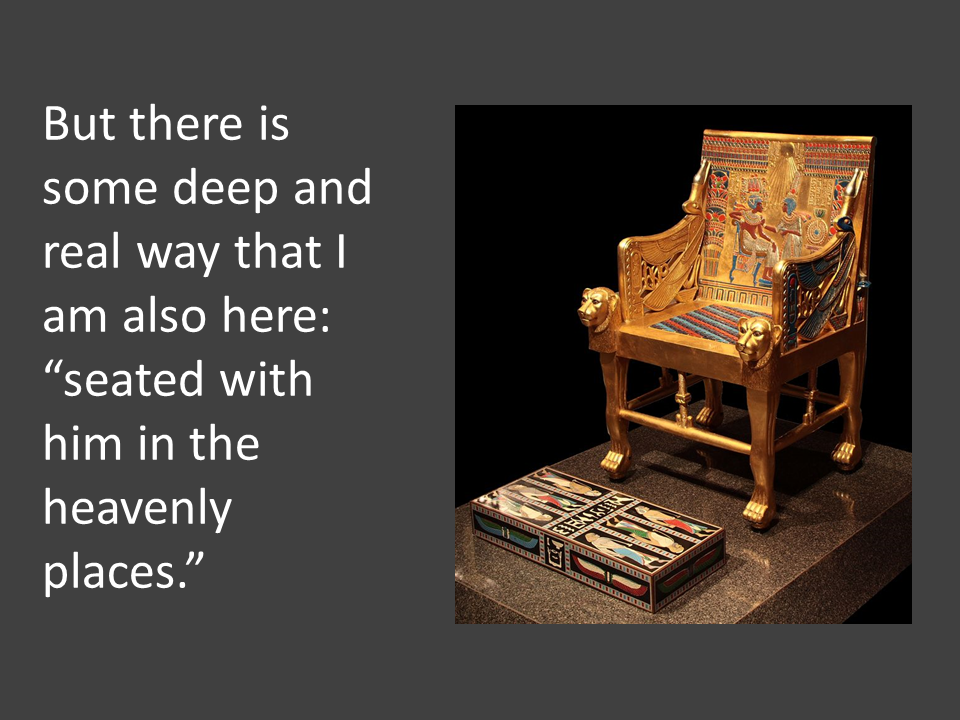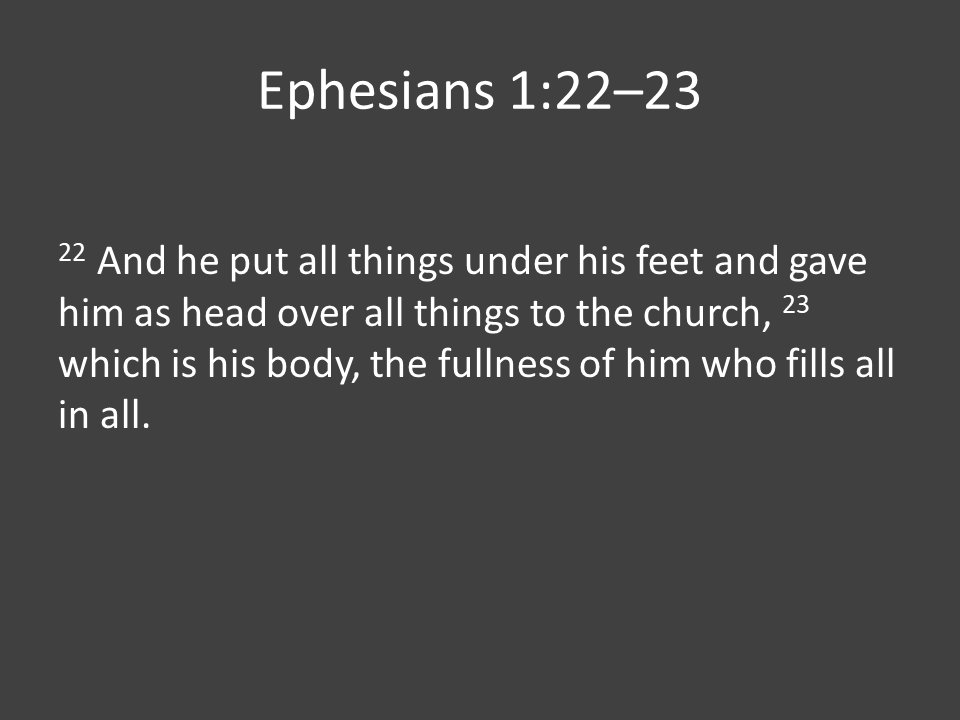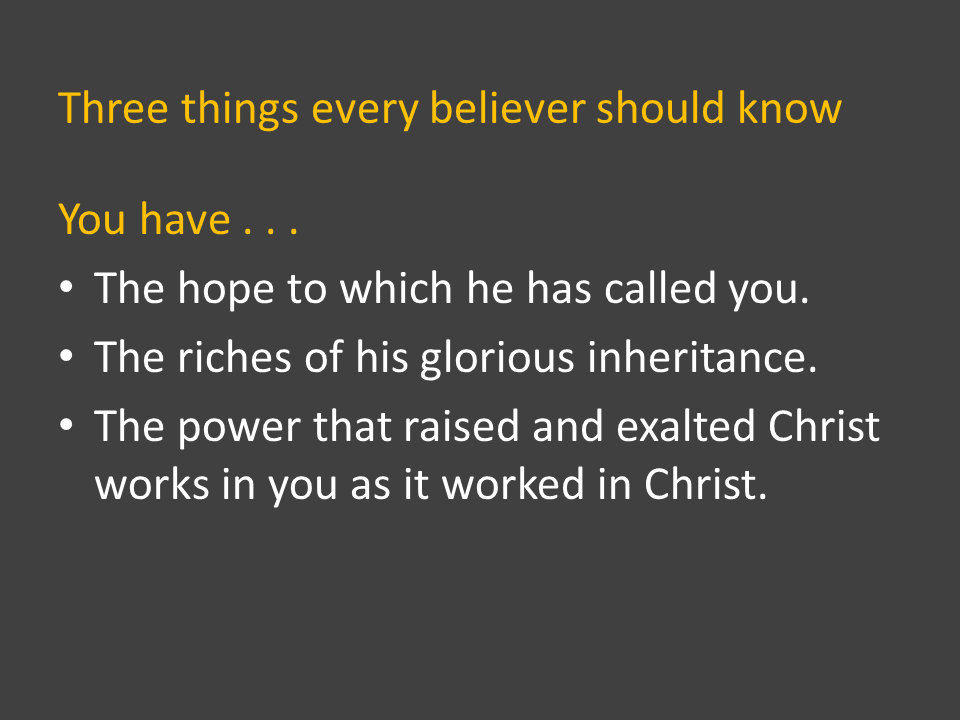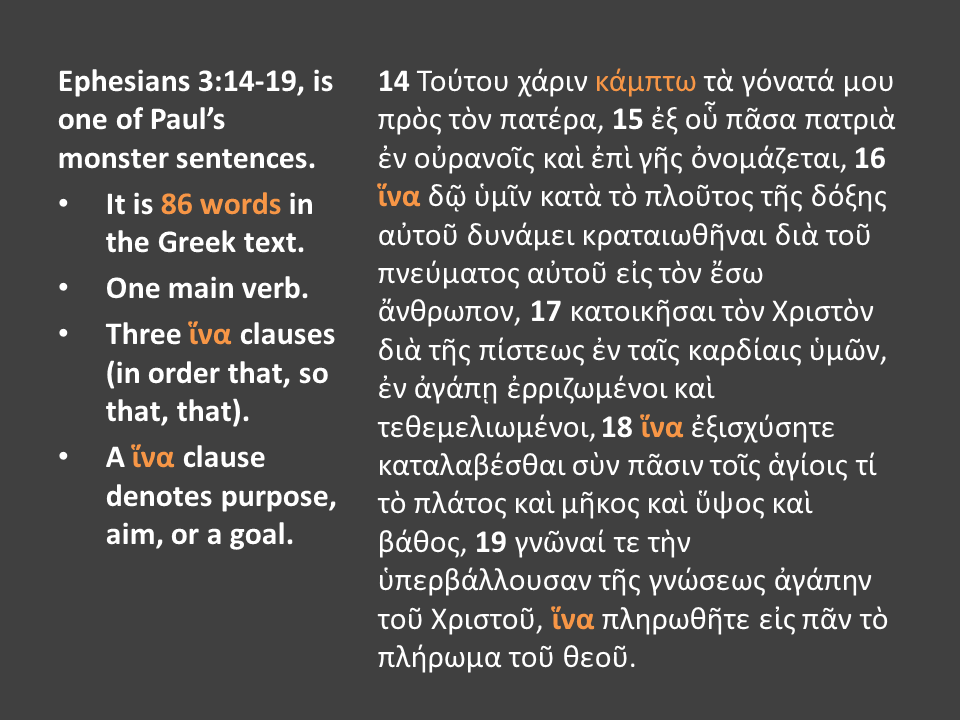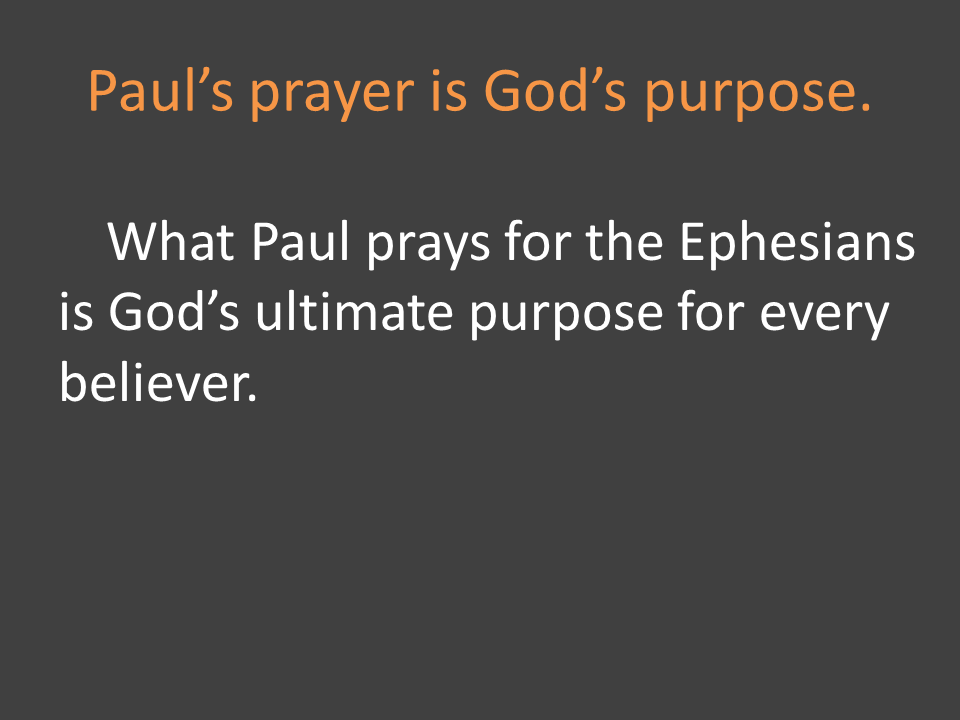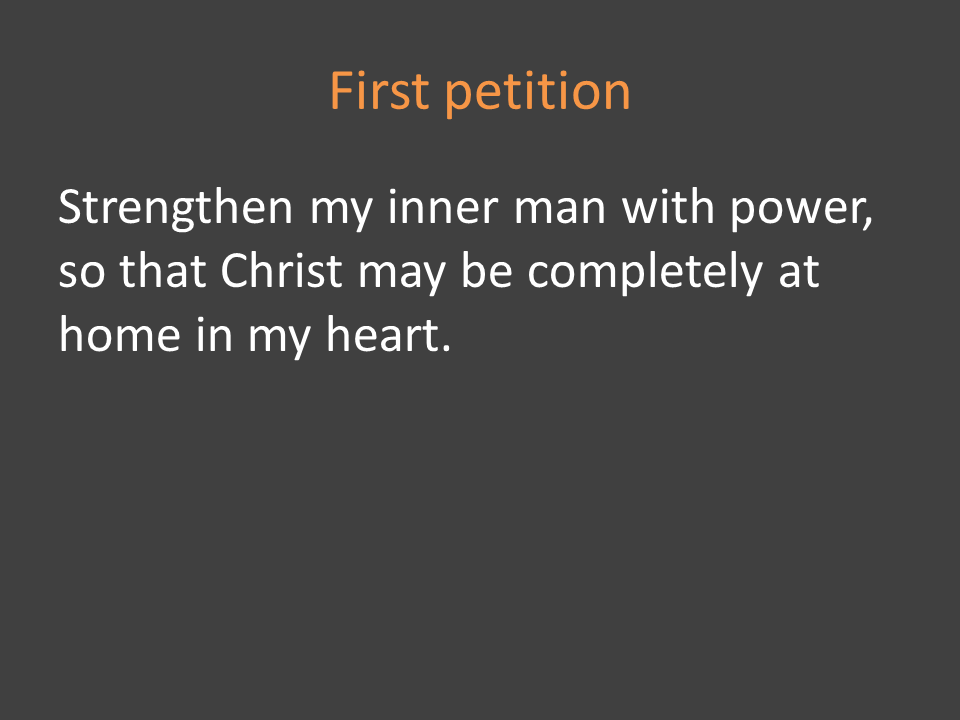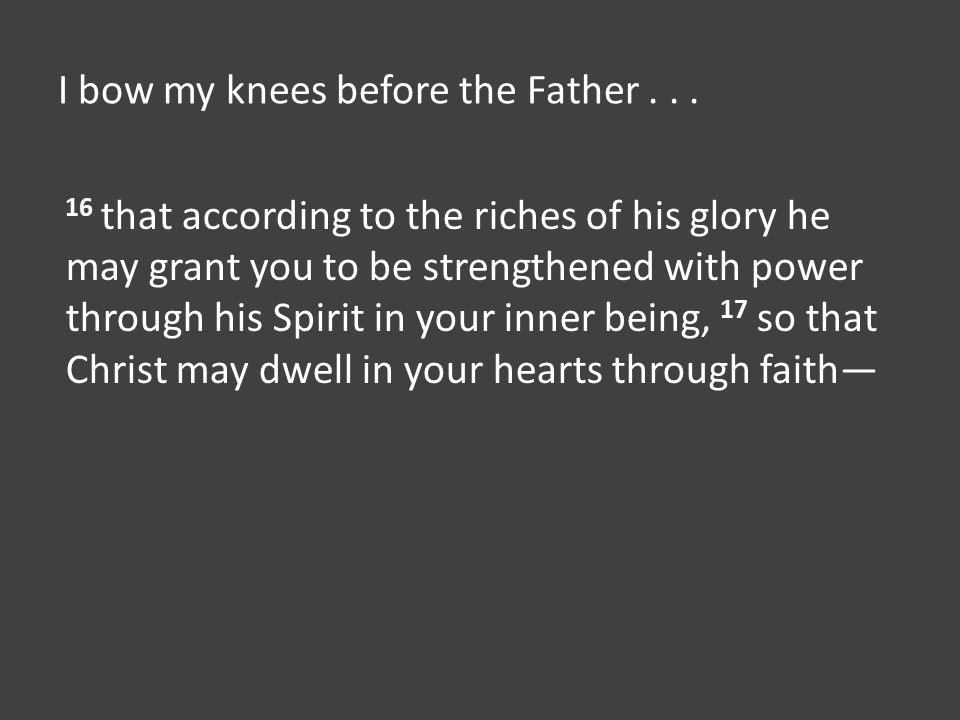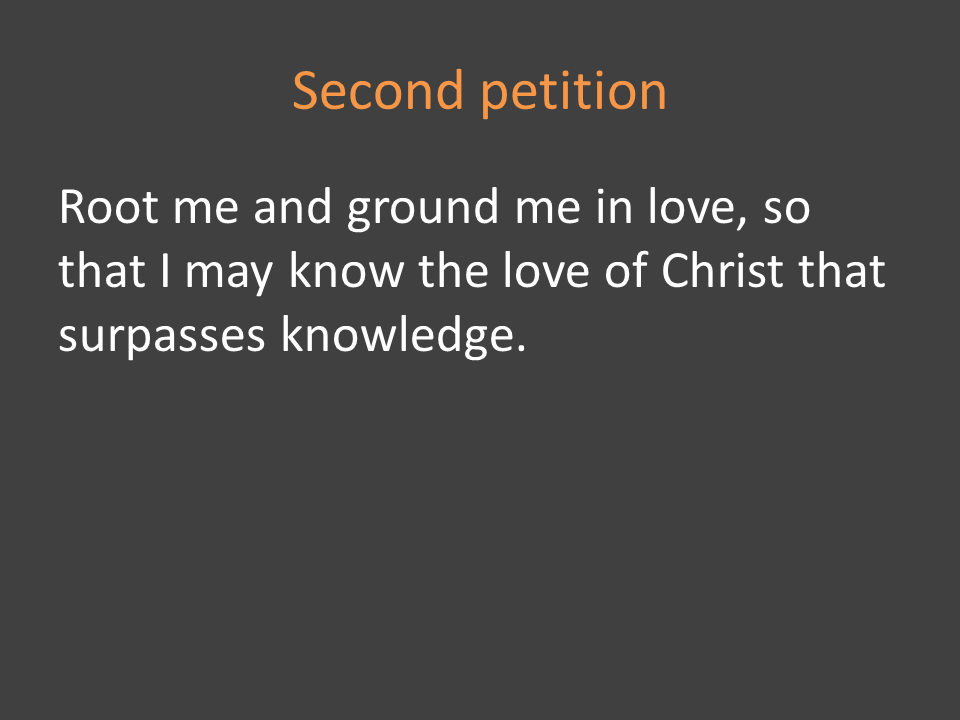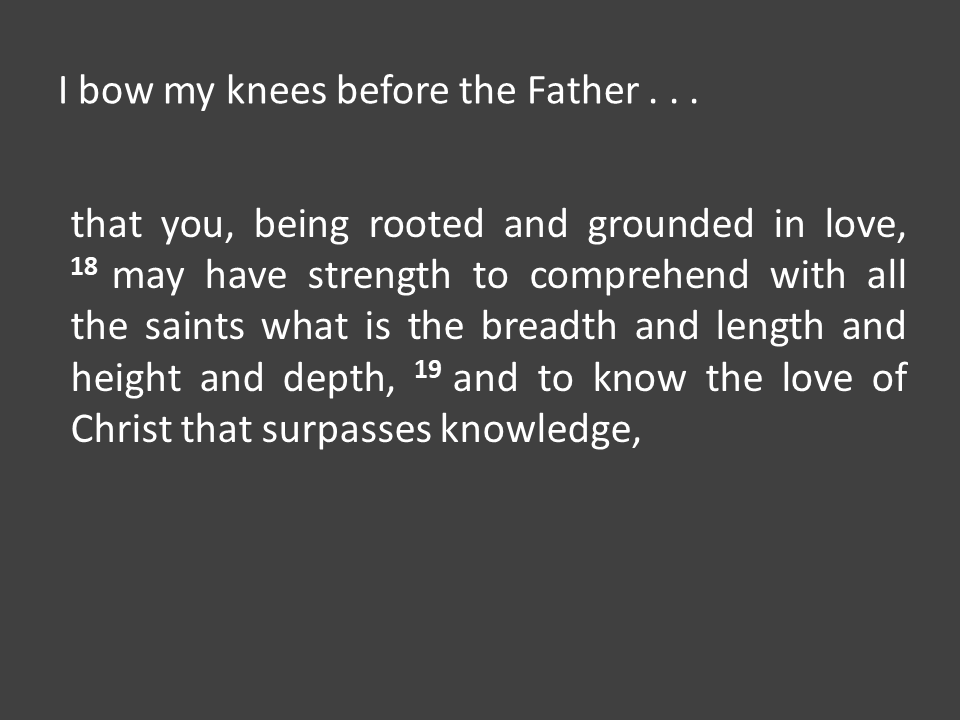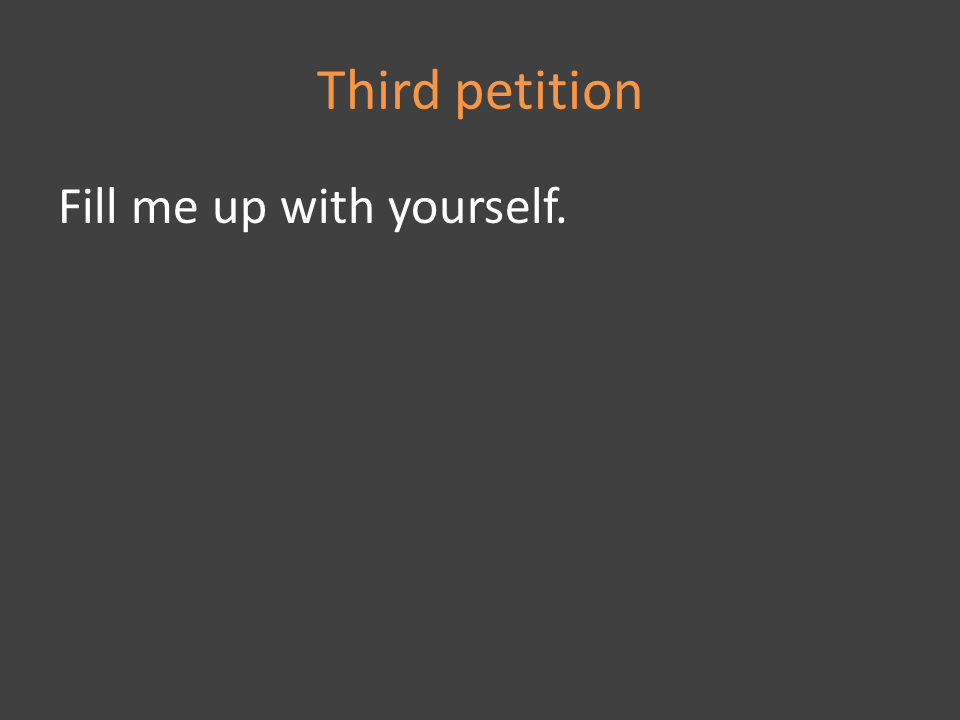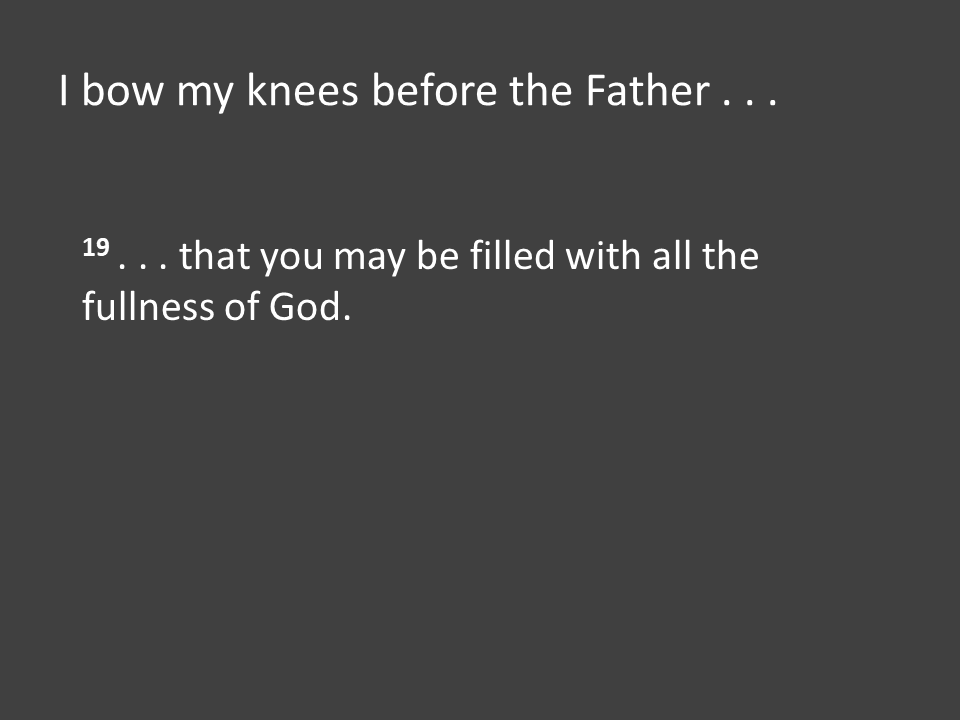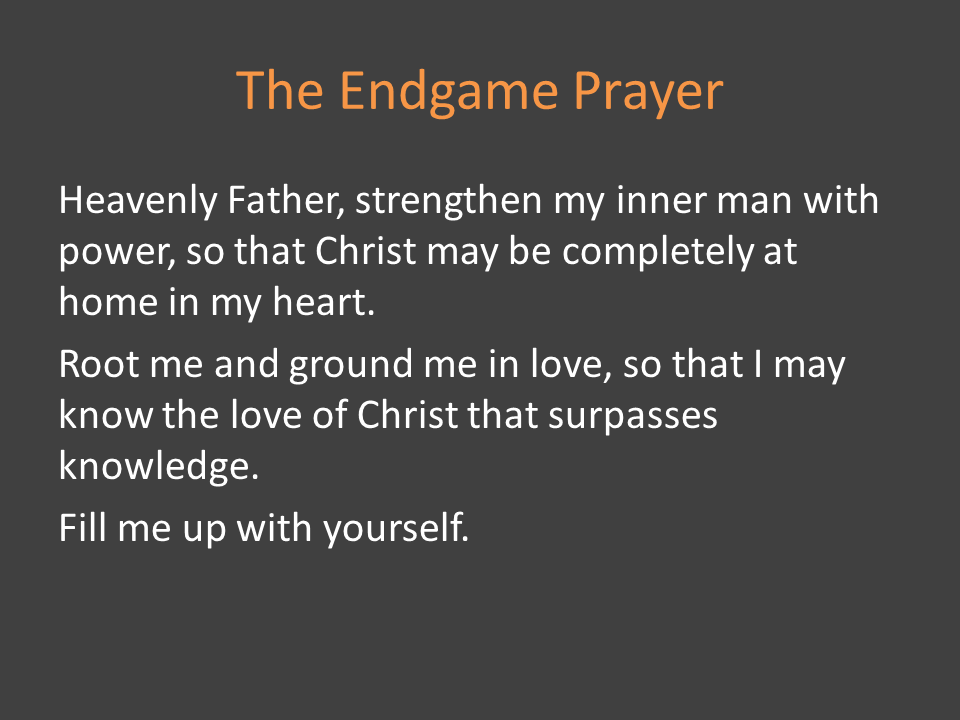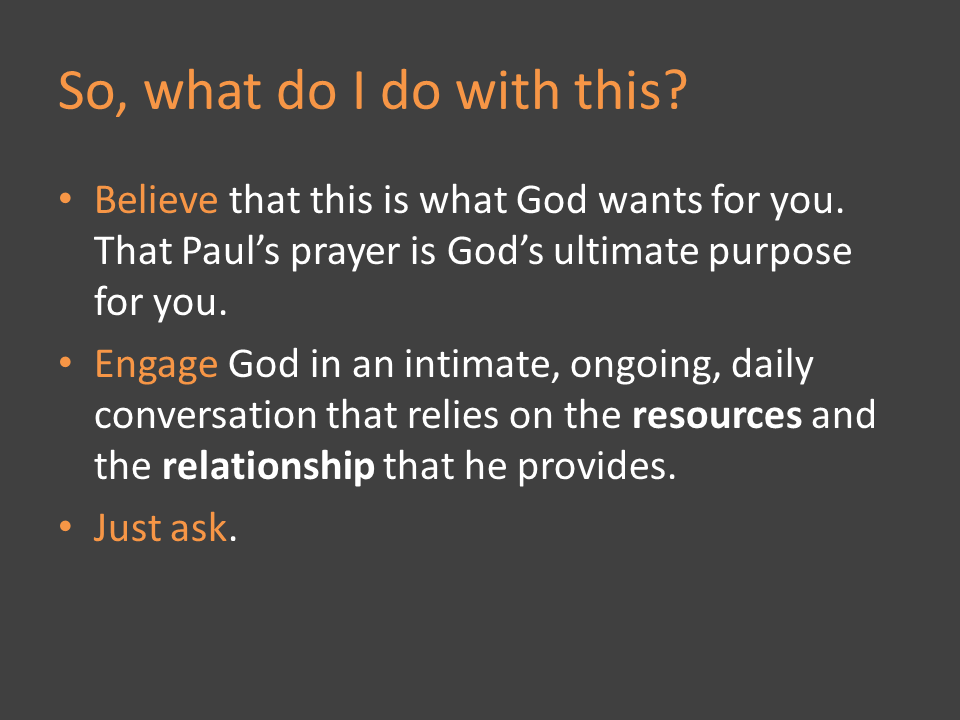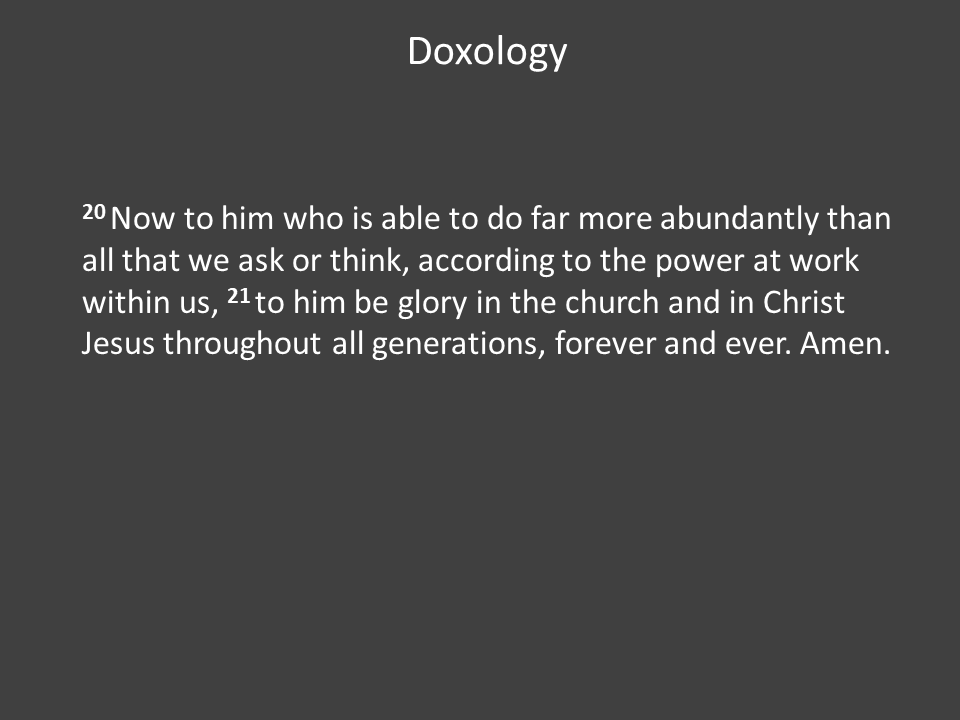“Fencing the Table” 1 Corinthians 11:17-34 Bible Study 04/08/18
This morning we will focus on Paul’s instructions to the church at Corinth regarding the observance of the Lord’s Supper. Sadly, some of the Corinthians, by their attitudes and actions, were guilty of treating the “Lord’s Table” with a careless contempt. Paul’s corrective and prescriptive response to such contempt reminds us that the Lord’s Supper is a precious gift given to the church. Because its proper observance matters to Him, our engaged participation in it is particularly serious. Of our text this morning, Spurgeon wrote: “As paradise of old was guarded by cherubim with a flaming sword which turned every way to keep the way of the tree of life, so stands this simple supper of the Lord-guarded with a flaming sword of which this text is a portion.” Since the Lord’s Supper is a visible testimony of the Lord’s gracious provision for the deliverance of sinners, the Lord protects its observance by prescribing our worthy approach to it.
I. Background/Context
-instituted by Jesus
-indictment of our tendency to forget
-intensely corporate expression
III. The Lord prohibits an unworthy observance
-setting up court in our own hearts
-the experience of partnership in the benefits
V. The Lord pronounces a sobering warning
-“A heart of stone that has never been melted-shall it come to remember His precious flesh that was melted in the agonies of Calvary?” (Spurgeon)
-a message from Mephibosheth (2 Sam. 9)
-“How sweet and awesome is the place, with Christ within the doors, while everlasting love displays the choicest of her stores. While all our hearts and all our songs join to admire the feast, each of us cry with thankful tongues, ‘Lord, why was I a guest?’” (Watts)











